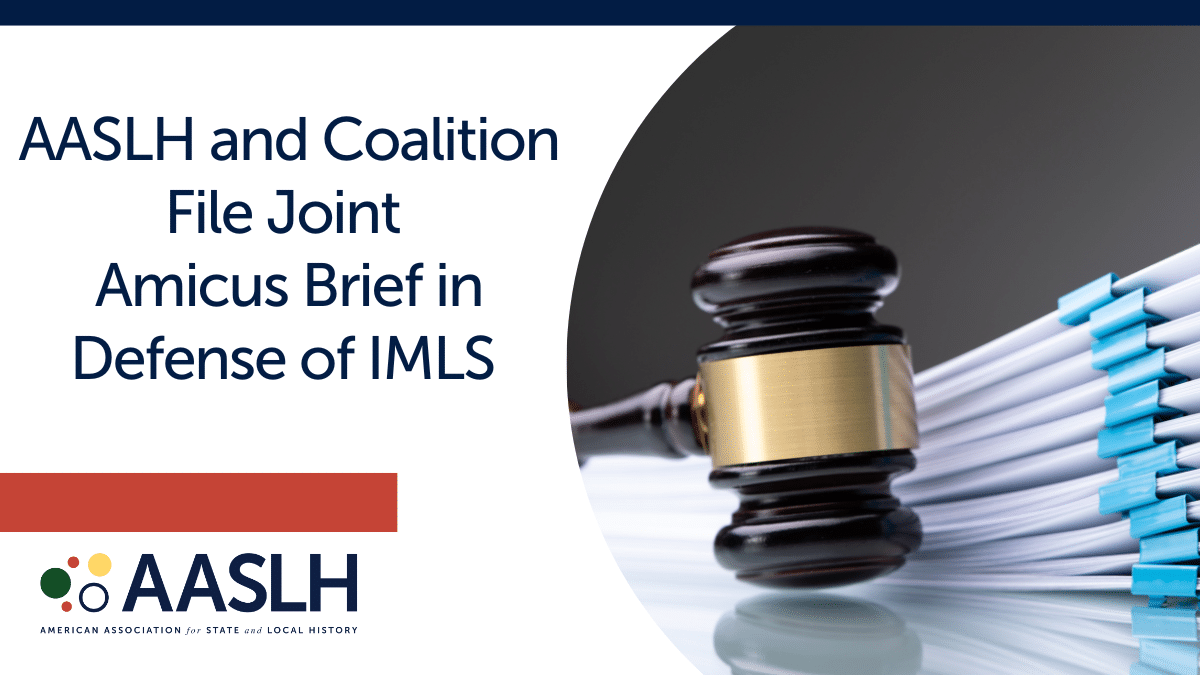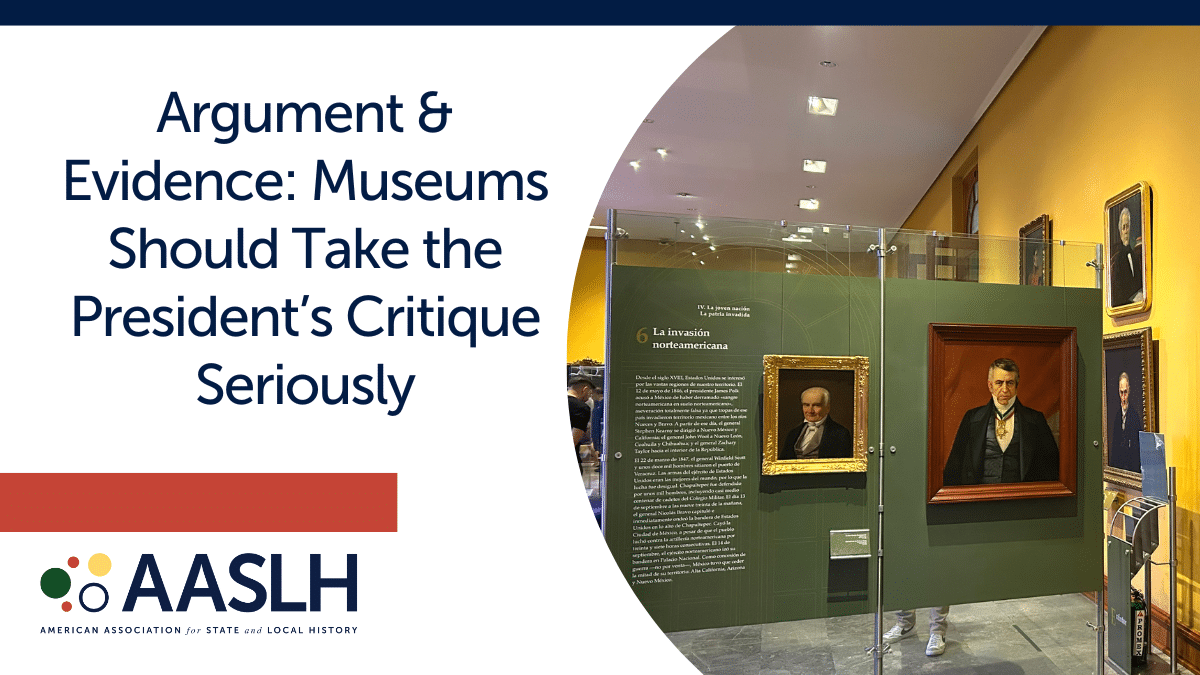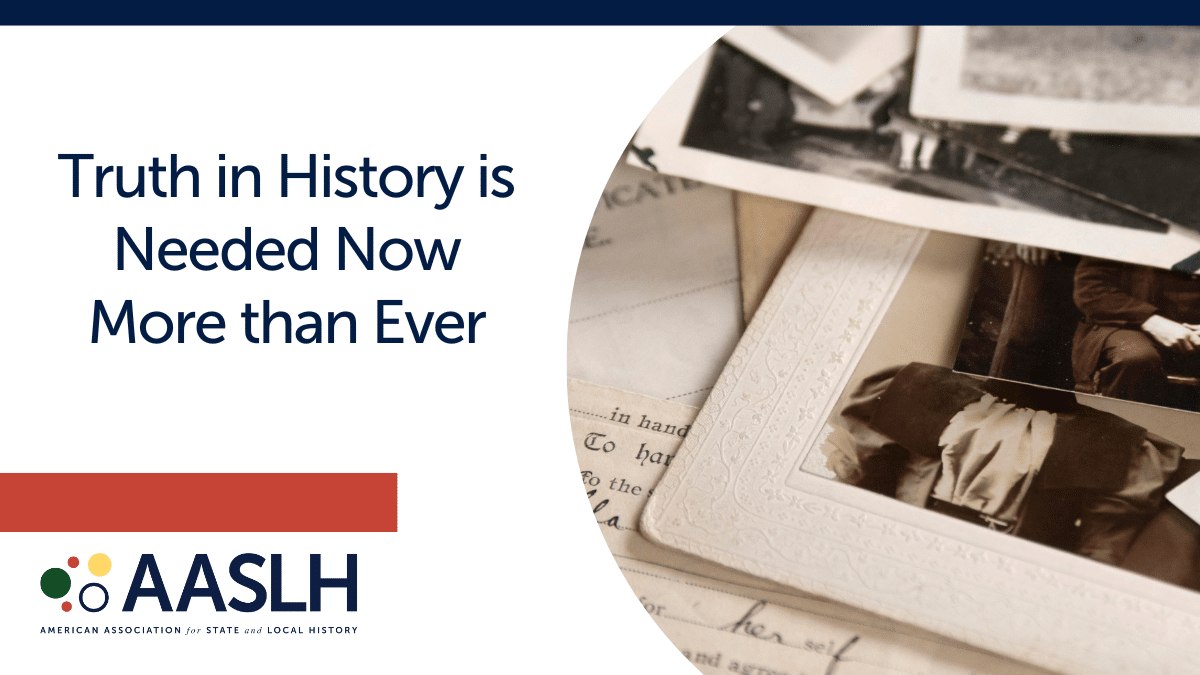
By Casey Wooster, Chair of AASLH Emerging History Professionals Affinity Committee
In the words of Lorelei Lee in the 1949 musical Gentlemen Prefer Blondes, "I learned an awful lot in Little Rock, and here's some advice I'd like to share. . ." With the upcoming AASLH 2021 Annual Meeting, we sure do have a lot of advice to share with you all in navigating the sessions, networking events, tours, workshops, and much more. Here are some highlights that the AASLH Emerging History Professionals Affinity Committee is looking forward to this year in Little Rock, Arkansas, and online:
Wednesday, September 22
5:30-6:30 pm
History Happy Hour
Cost: Free (food and drinks not included)
Looking for a way to network with new colleagues? Many of our Affinity Communities will be hosting informal meet-ups in the hotel or at nearby restaurants and bars. A complete list will be provided in the program distributed in Little Rock.
Thursday, September 23
10-11 am
First Time Reception
Cost: Free, Preregistration Recommended
Is this your first AASLH meeting? Do you need some tips on how to make the most of your conference experience? Do you need an easy way to meet new colleagues? Join AASLH staff and Council members for coffee and to hear the exciting things on the horizon for AASLH.
2-3:15 pm
Museums as Sites of Discipline
The sessions guides participants through identifying disciplinary hot spots in a museum, understanding how they may be connected to larger carceral systems, and then imagining alternatives based in liberation. Participants will leave the session with a zine and further resources to bring this conversation back to their institutions.
Chair: Yael Horowitz, George Washington University, Washington, DC; Ainsley Wynn Eakins, The Library Company of Philadelphia, Philadelphia, PA
Friday, September 24
10-11 am
Brainstorming Session: What Does Advocacy Look Like in 2021 and Beyond
Advocacy for history and justice in 2021 and beyond will look a lot different than the past. Access to lawmakers, definitions of history, and our ability to speak up for those in our communities without voices all are different. Join this discussion to talk about how advocacy for history looks now and share your ideas for improving it.
2:30-3:45 pm
Carefully Cultivating Change Makers to Do Justice IN History
In a professional capacity, individuals are often prohibited from advocating for a particular position or cause. These limitations can be both challenging and frustrating. How can we leverage partnerships to create change makers who will take action? Participants will learn how to facilitate civic engagement without overtly violating institutional policy.
Chair: Kathleen Pate, Clinton Presidential Library, Little Rock, AR; Sally Ball, Crystal Bridges Museum of American Art, Benton, AR; Cassandra Barnett, Arkansas Department of Education Division of Elementary Education, Little Rock, AR; Kay Bland, Butler Center for Arkansas Studies, Central Arkansas Library System, Little Rock, AR; Melissa Starkey, Arkansas Department of Education Division of Elementary Education, Little Rock, AR
Tuesday, October 12
12-1:30 pm
General Session: Public History for Traumatic Times
Across all disciplines, we are becoming more aware that trauma exerts a profound influence on learning and growth. This introductory session will explore the ethics, theory, and practice of trauma and healing as it relates to public history. We'll build understanding of racialized trauma, historical trauma, and #2020 trauma, consider the needs of both visitors and staff, and identify how, as audience-focused organizations, we can help heal instead of doing more harm.
2-3:15 pm
Public History for Traumatic Times, Part 2
If you found the General Session meaningful, join us for this deeper dive into the ethics, theory, and practice of trauma and healing as it relates to public history. We'll map paths for building trauma-informed organizations and start speaking into existence the work our field might undertake together.
Wednesday, October 13
12-1:30 pm
General Session: Doing History: Doing Justice; Doing Democracy
As history organizations work to be relevant, effective civic engagement is essential. As we do this work more deliberately, it makes sense to understand the landscape and to collaborate with others supporting the democratic project in our own country and abroad. This session will highlight current partnerships and prompt participants to identify their own strategies for engagement.
Please be sure to visit the Emerging History Professionals web page and to follow us on Twitter at @AASLH_EHP. See you all in Little Rock and online!



